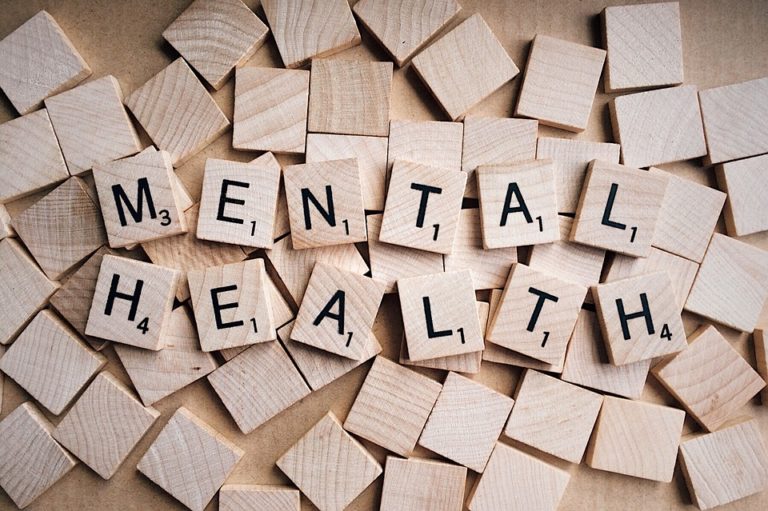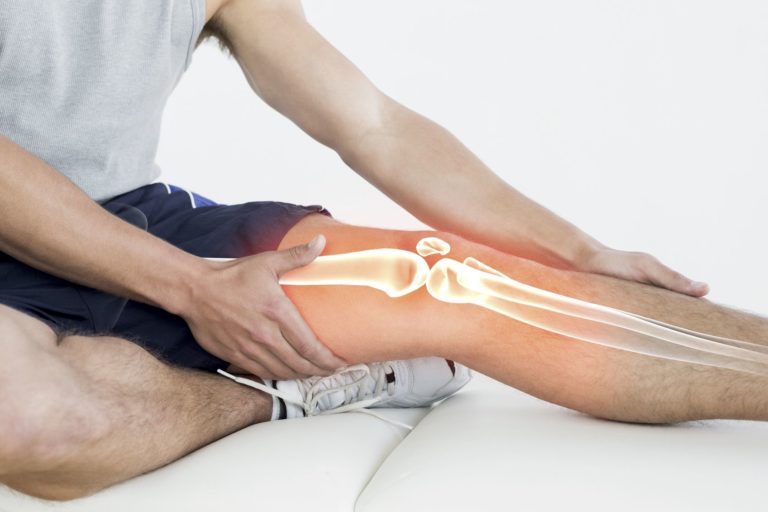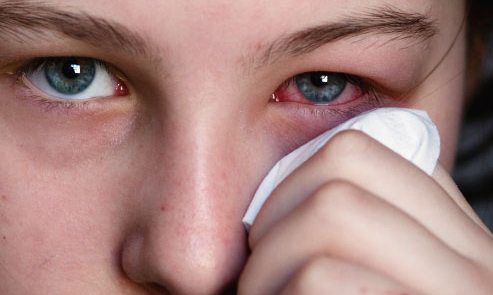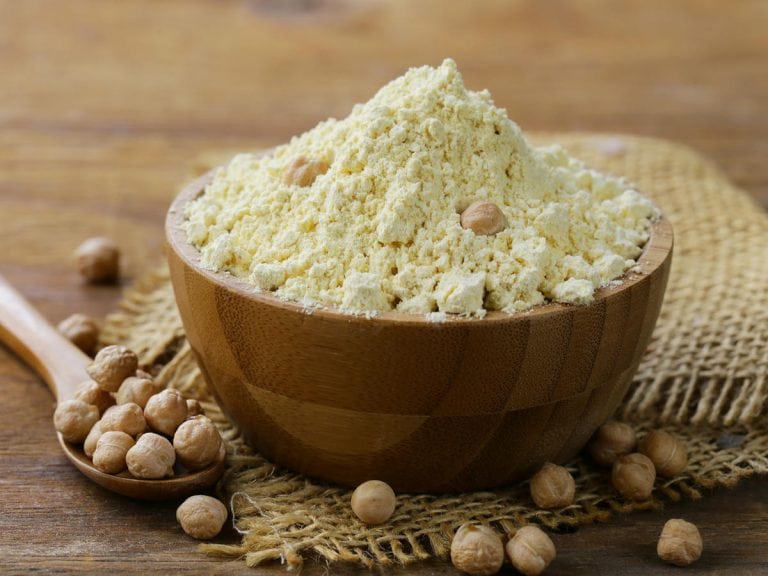
Multiple sclerosis triggers include anything that worsens your symptoms or causes a relapse. In many cases, you can avoid MS triggers by knowing what they are and making efforts to sidestep them. If you can’t avoid certain triggers, you may find other approaches helpful, including a healthy lifestyle, regular exercise, and a good diet.
Also, you and your doctor may be able to identify triggers that make your symptoms worse. Keeping a journal of your symptoms, when they occur, and what you were doing beforehand can help you identify potential triggers. Keep these tips in mind and check out the most common MS triggers and how you can avoid them!
Stress
Having a chronic disease like MS can establish a new source of stress. But stress can stem from other sources too, including work, personal relationships, or financial worries. Too much stress may worsen your MS symptoms.
How to avoid: Find a relaxing, stress-reducing activity that you enjoy. Yoga, meditation, and breathing exercises are all practices that may help reduce stress and eliminate the risk of making symptoms worse.
Heat
The heat from the sun, as well as artificially heated saunas and hot tubs, may be too intense for people with MS. They can often lead to a period of exacerbated symptoms.
How to avoid: Skip any high-heat environments like saunas, hot yoga studios, and hot tubs entirely. Keep your home cool and run extra fans if necessary. On hot days, avoid direct sunlight, wear loose, light-colored clothes, and stay in the shade as much as possible.
Childbirth
Pregnant women with MS may experience a relapse after delivering their baby. In fact, 20 to 40 percent of women may have a flare-up in the period just after giving birth.
How to avoid: You may not be able to prevent a flare after childbirth, but you can take steps to reduce its severity and impact. In the immediate days after giving birth, let friends and family members help you with your new baby so that you can get rest and care for yourself. This will help your body recover more efficiently.
Breastfeeding may have a potential protective effect against postpartum flare-ups, according to limited research, but the evidence isn’t clear. If you’re taking disease-modifying medication, though, you may not be able to breastfeed. Talk with your OB-GYN and neurologist about your post-birth options.
Getting sick
Infections can cause MS flare-ups, and MS is also more likely to cause certain types of infection. For example, people with reduced bladder function are more likely to develop urinary tract infections. The infection may exacerbate other MS symptoms. Infections like the flu or even a common cold can also make MS symptoms worse.
How to avoid: A healthy lifestyle is an important part of treatment for MS. Plus, it helps prevent other diseases and infections. Wash your hands during cold and flu season. Avoid people who are ill when you’re experiencing a flare. See your doctor if you think you’re getting sick.
Certain vaccines
Vaccines are generally safe — and recommended — for people with MS. Certain vaccines that contain live pathogens, however, have the potential to exacerbate symptoms. If you’re experiencing a relapse or taking certain medications, your doctor may also recommend that you postpone vaccination.
How to avoid: Talk with your neurologist about any vaccine you’re considering. Some vaccines, like the flu vaccine, may help you prevent a future flare-up. Your doctor can help you determine which are safest for you.
Vitamin D deficiency
One study found that people with lower vitamin D levels have a higher risk of flare-ups compared to people with adequate vitamin D levels. There is already increasing evidence that vitamin D can protect against developing MS. Still, more research on how this vitamin affects the disease course is needed.
How to avoid: To help prevent this, your doctor may monitor your vitamin D levels regularly. Supplements, food, and safe sun exposure may help. Be sure to talk with your doctor about your safest supplement options before trying any.
Lack of sleep
Sleep is vital for your health. Your body uses sleep as an opportunity to repair your brain and heal other areas of damage. If you aren’t getting enough sleep, your body doesn’t have this down time. Excess fatigue can trigger symptoms or make them worse.
MS can also make sleep more difficult and less restful. Muscle spasms, pain, and tingling may make it difficult to fall asleep. Some common MS medications may also interrupt your sleep cycle, preventing you from getting shut-eye when you feel tired.
How to avoid: Talk with your doctor about any sleep problems you may have. Sleep is vital to your overall health, so this is an important area of treatment and observation for your doctor. They can rule out any other conditions and give you tips to manage fatigue.

























